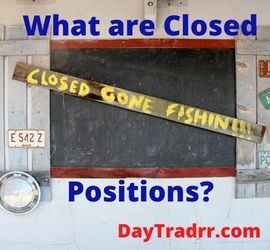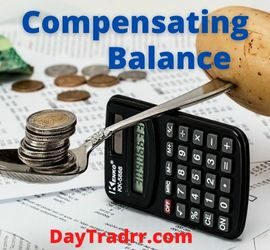What are Closed Positions? Closed positions are transactions that have been liquidated by a trader and are no longer active. To close a position, you must trade in the opposite direction in which the position was opened. For example, if you take a long position in a company, you must […]
What Is a Reverse Triangular Merger? A reverse triangular merger occurs when a parent company creates a shell company to acquire a target company. Once the target is acquired, it is absorbed into the parent company as a direct subsidiary. A reverse triangle merger is also known as a reverse […]
What Are Hedge Fund Side Pockets? Side pockets are accounts used in hedge funds to separate riskier or illiquid assets from more liquid investments. Typically, once a position enters a side pocket account, only the hedge fund’s present members are entitled to a piece of it. If and when the […]
What Is a Compensating Balance? A compensating balance is a form of collateral to be maintained with a lender that enables the borrower to secure a line of credit or installment loan. It is a minimum balance that effectively acts as collateral and thus compensates the lender for the risk […]
What Is Joint Supply? Joint supply results when multiple products are derived from the same source and at the same expense. For example, when sheep are being raised for wool and meat. A product or process that can provide two or more outputs is referred to as joint supply in […]
What Is the Posted Date? For credit and debit cards, the posted date is the specific day, month, and year on which a card issuer posts a transaction and adds it to the account balance of the cardholder. For a bank, it is the day on which money is taken […]






